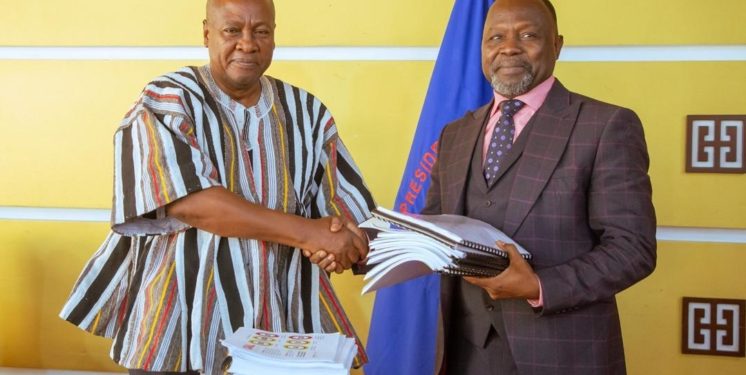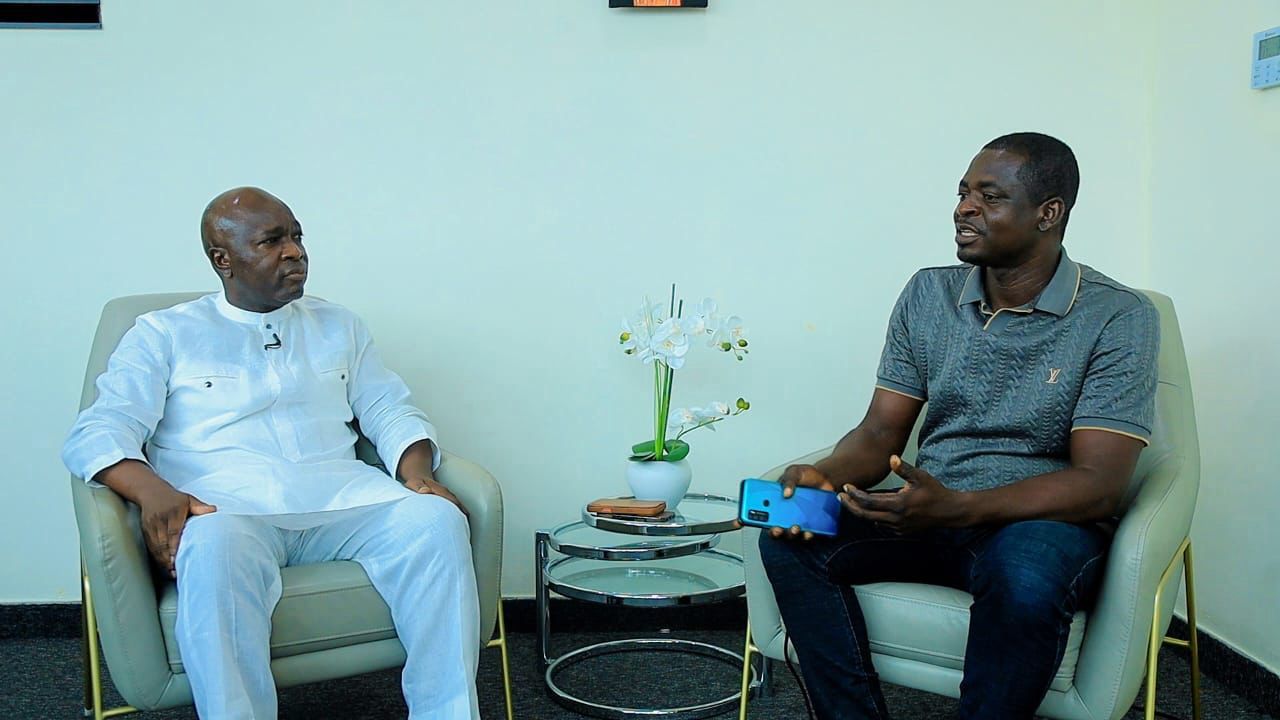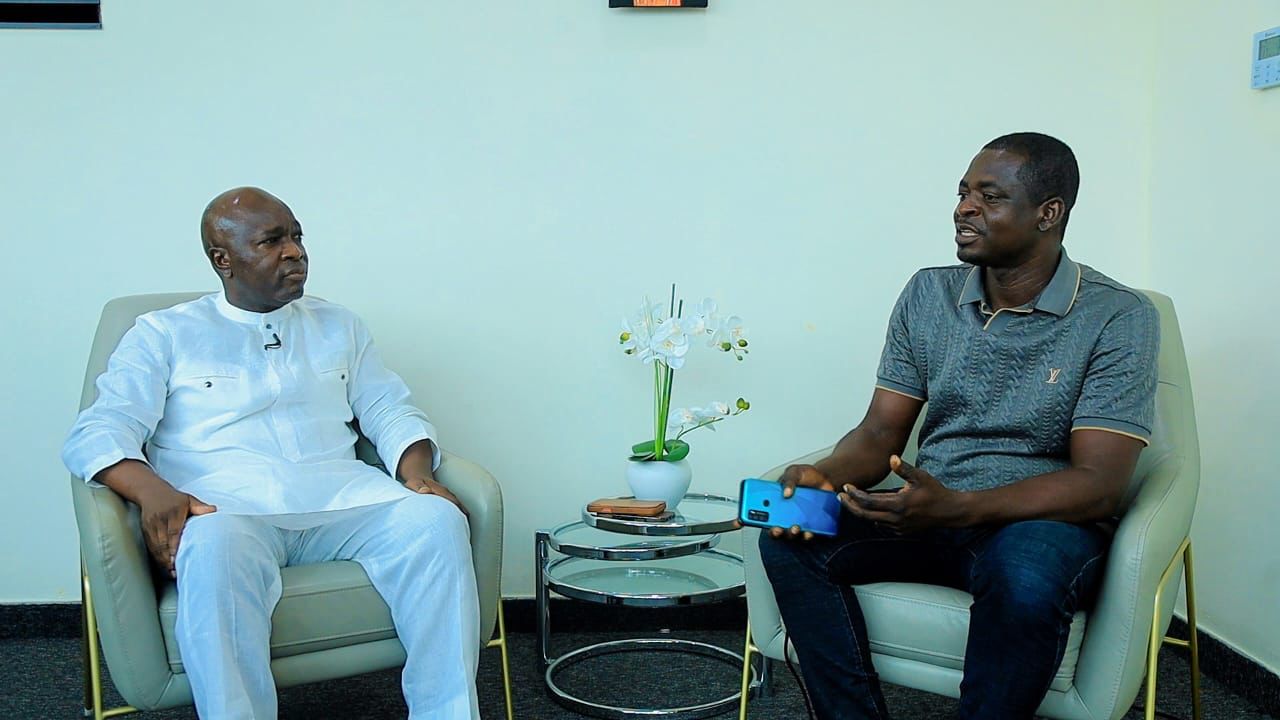Charlotte Osei, former Chairperson of the Electoral Commission, said late President John Evans Atta Mills would have been “outraged” by the country’s environmental degradation and deepening political polarization, in remarks delivered at a memorial lecture in his honor on Tuesday.
Speaking at the 13th Anniversary Commemorative Lecture of the former president, Osei sharply criticized the continued devastation caused by illegal mining — locally known as galamsey — and what she described as “toxic partisanship” undermining national discourse.
“I think he would be outraged at how we are permitting galamsey to damage our environment and our future,” she said during her keynote address in Accra. “These developments stand in direct contrast to the values Professor Mills upheld: integrity, accountability, unity, and respect for institutions.”
Professor Mills, who passed away while in office in July 2012, served as Ghana’s president from 2009 to 2012. He was widely regarded for his calm demeanor, legal scholarship, and commitment to peaceful governance.
Osei urged the public and political leaders alike to recommit to those values. “As we honour Prof’s memory, we must also commit ourselves to continue his work,” she said. “This is not just the responsibility of those who knew him, but of all Ghanaians who share his vision of a better, more just society.”
While noting the erosion of some of the late president’s ideals, Osei also highlighted areas of progress she believes would have met with his approval — including the appointment of Ghana’s first female Vice President and the accomplishments of Mills’ former students and mentees in leadership roles across government and business.
“He would be proud of his family’s resilience and of the learners he mentored who are now helping shape the country’s future,” she said.
The commemorative event drew political figures, civil society leaders, and academics who praised Mills’ legacy of modest leadership and inclusive governance. Osei’s comments underscored growing public frustration over the persistent challenges of illegal mining, environmental mismanagement, and political division.














